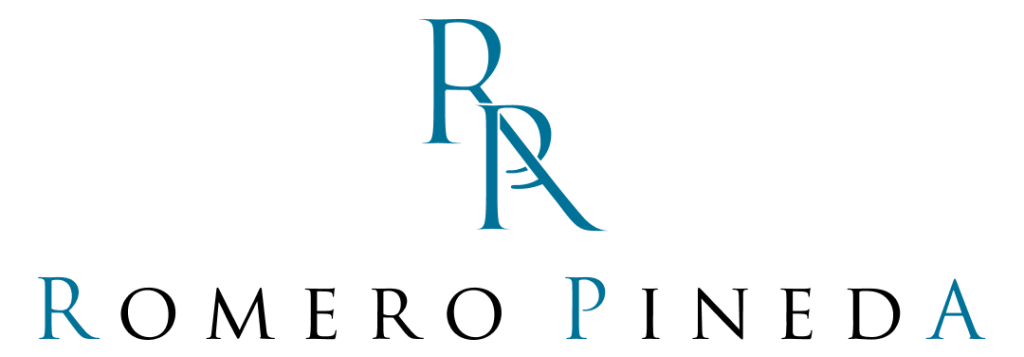ELECTRONIC COMMERCE AND ITS REGULATION IN THE CONSUMER PROTECTION LAW.
The world is changing and electronic commerce has had unmatched growth in recent years and even more so due to the Covid19 confinement, definitely 2020 has come to revolutionize the exercise of buyers and sellers. In general terms, electronic commerce encompasses “the distribution, sale, purchase, marketing and provision of information about products or services over the Internet.”
Currently, entrepreneurs in almost all industries use the Internet to market their products, since in this way they manage to reach a larger audience. Due to the increase in the use of applications and activities on the Internet, the Consumer Ombudsman developed an analysis of consumer protection criteria in suppliers that offer products and services through online stores in El Salvador, with the objective of determining whether said establishments have with various features that allow consumers to make informed decisions, that is, websites where their rights are protected.
In this sense, entrepreneurs who do business through electronic commerce must implement a series of criteria in order to comply with the rights of their consumers, safeguarding themselves from incurring non-compliance that, if proven, may generate an economic penalty. (penalty fee).
These criteria are the following:
- Secure browsing: that is, your sites have a valid security certificate through an “https” connection.
- Use and conditions: description of the form and conditions in which the page service is provided.
- Privacy policy: description of how the page protects its customer data sent through it.
- “Contact us” form: electronic form that allows you to communicate with the personnel in charge of the page.
- Email: link through which the consumer can contact the supplier.
- Address: physical address of the supplier.
- Telephone and its opening hours
- Company name: exact name of the supplier's company name.
- Chat and its opening hours.
- Product consultation: using any of the available means to communicate with the supplier, a consultation was made about the products offered on the page and additional information was obtained.
- Specification of the payment methods accepted by the supplier.
- Specifications on the methods of delivery of goods or services
If you want more personalized advice to verify that your business complies with Consumer Protection legislation regarding electronic commerce, you can contact our specialist in the matter. falabi@romeropineda.com.


Deja una respuesta
You must be logged in to post a comment.